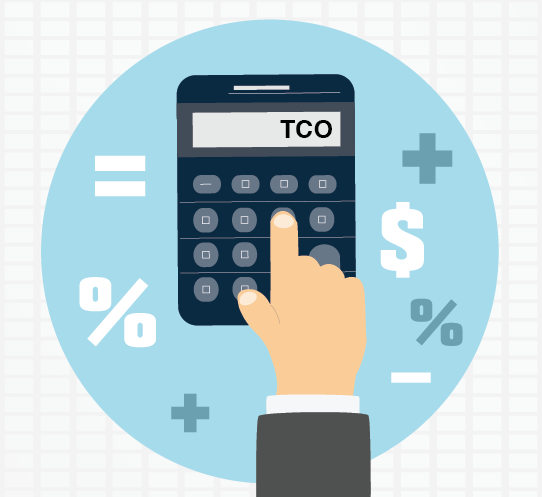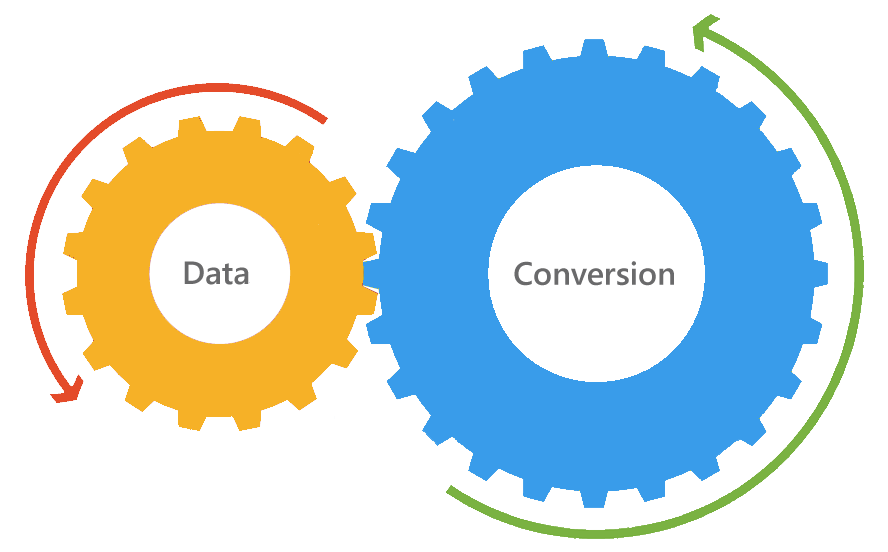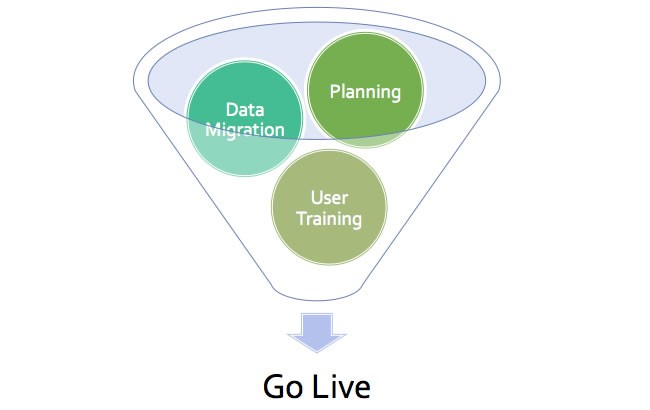A few months ago I wrote a blog article about what to look for in dental software to get the best fit for your practice. However, once you identify the software you prefer for your office, it is critical to ensure you have considered all factors before making a commitment to the vendor.
In this blog we will look at important selection criteria that often gets overlooked during the evaluation process – only to be discovered (and regretted) after an agreement has been signed.

Purchase Model/Overall Cost
Cost is often the main concern of dentists when comparing practice management solutions but it can be challenging to make an objective cost comparison.
- Each vendor may offer a different mix of components that comprise their standard configuration
- Any additional features you desire will likely only be available an additional cost – either from the vendor or from a third party
- Some parts of the total solution may be offered in the form of perpetual software licenses for an upfront, one-time, payment
- Some other features may only be available by paying a monthly subscription
The simplest way to deal with this complexity is to list the main features you require then calculate and compare each system’s upfront and monthly costs.
In addition to the core practice management software being offered, here are examples of specific features and services that may be available either bundled or separately:
- Clinical applications (Charting, Clinical notes)
- Patient Communication/Appointment Reminders/Patient Portal
- Imaging software/Third Party Imaging Software Integrations
- Patient Kiosk
- Advanced Reporting
- Payment Card Processing
- Reputation Management
- Remote Back-up services
- Productivity Tool Integrations (Accounting, Office 365, Payroll, HR Management)
- Software Maintenance (updates)
- Software support (telephone, knowledge base, email, chat)
- Training (on-site, classroom, web-based, telephone)
You should also consider the after-tax cost of your investment. Upfront payments for software and hardware are treated as capital costs that can be depreciated at different rates. Alternatively, these assets can be leased and lease payments are treated as an expense against generated income. Monthly rental/subscription payments are treated similarly for determining after tax income. It’s best to check with your accountant to determine the optimum financing mix that minimizes your taxes and preserves cash flow based on your practice profile.

Data Conversion
If you currently use practice management software, chances are you will want to transfer as much practice data over as possible to the new system. However, if you have many years of data, it makes sense to limit the carryover of transactions to the last two to three years so your new system starts with a relatively “clean” database.
Worth noting here is that you should be able to run your old software (and database) simultaneously with your new software during the early stages of the new implementation. This arrangement equips you to look up historical transactions as required.
Now let’s look at the different levels of practice data conversion to be considered.
| Basic -Patient Demographics including recall dates and account balances |
| Intermediate -Patient Demographics including recall dates and account balances -Appointments -Financial transactions -Procedure history -Insurance information for eClaims |
| Full -Patient Demographics including recall dates and account balances -Appointments -Financial transactions -Procedure history -Insurance information for eClaims -Clinical charts and diagnostic notes -Outstanding treatment plans -Detailed insurance information/coverage |
Your chosen level of data conversion will be influenced by the number of patients and records you decide to transfer. For example, you may not wish to pay for appointment information transfer if the number of future appointments is small and quick to enter manually.
Beware of companies who promise detailed conversions at no or low cost as an enticement. Regardless of the amount of automation used in the conversion process, each data conversion is unique and takes substantial time for planning and testing. Low cost conversions will likely lead to poor results and cost you much more if you need to correct corrupt data or enter missing information.
Keep in mind that the The differences from one software to another can lead to data that doesn’t map accurately into ABELDent. Some systems are based on ancient, obscure or proprietary differences in dental software databases means not every data field from one system will have a direct match in another system. Furthermore, some software systems are based on obscure, proprietary technology that make it difficult to extract data. In addition, some vendors encrypt your data making it impossible to move it to another system without obtaining the decryption key (for which they may charge a substantial fee).
After you’ve chosen the level of data conversion that’s right for your dental practice, the easiest way to ensure a satisfactory conversion is to request a sample and check it for data accuracy. Ask the new vendor for a data conversion agreement that specifies the files and fields that will be carried over and where they link to in the new system. You will also need to schedule a time for the new vendor to receive your most current backup prior to going live so that the data transferred over is as up to date as possible.

Implementation/Configuration:
When you are ready to make a commitment to a new dental software vendor, it is important to have an implementation plan in place so that the transition goes as smoothly as possible. Ask your new vendor what their implementation steps are and how any issues you may have experienced in the past would be resolved this time around.
Choose a reputable hardware/IT vendor and make sure they consult with the dental software vendor so that your new dental software system gets configured to specification. Skimping on quality hardware or using inexperienced technologists can cost you a lot more down the road in lost productivity if the system and/or the support prove unreliable.
Schedule several training sessions prior to your “live” date so that staff have an opportunity to get familiar with all the basic functions of the software. It is best to shut the office down during training so staff can give their full attention instead of dealing with interruptions. Once up and running, don’t be satisfied using just the basics. Switching from your current system implies you are looking for something more so book advanced training to help your team fully realize the software’s capabilities and increase your return on investment!


